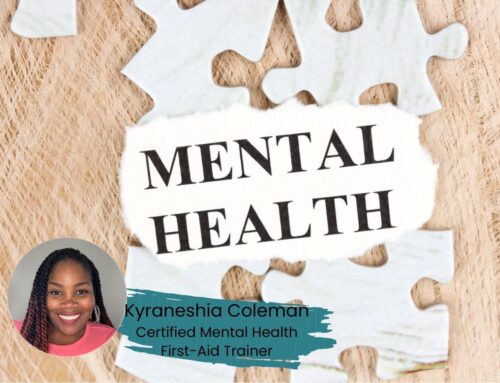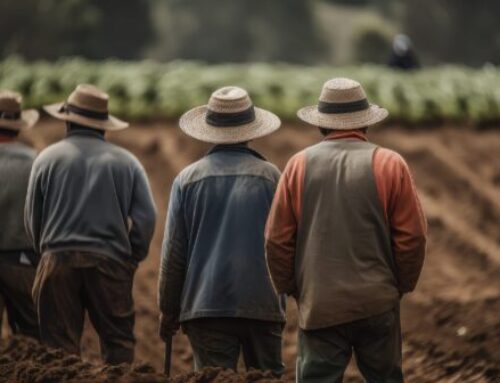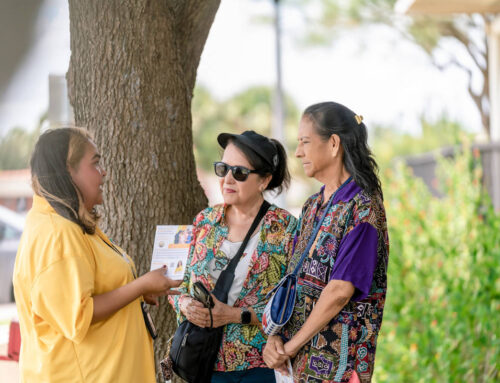How Our CHWs Worked Through the Pandemic
Published March 2021 | Back to all news and articles.
Organizations throughout the years have depended on the social benefits of in-person outreach by Community Health Workers. Being out in the community and speaking directly to community members is an essential part of what CHWs do and is what makes CHW initiatives both unique and successful. COVID-19 has changed the landscape of how CHWs conduct outreach. As shelter in place orders went into effect, in-person meetings and outreach were immediately halted to prevent the spread of the virus. In order to continue serving their communities, CHWs in our initiatives had to quickly adapt to the circumstances to ensure that they could continue to provide the services so desperately needed in the areas they work and live in.
Going Virtural
In March of 2020, CHWs in MHP Salud’s initiatives began implementing a virtual approach to outreach. This included calling individuals, sending text messages, and at times using virtual meeting applications like Zoom to provide the information that community members would usually get in their in-person classes or meetings. Interestingly, data collected from this time period shows that the change in approach did not affect the reach of our CHWs.
In our Health Outcomes program, CHWs managed to contact nearly 10,000 individuals and held over 1,000 one on one virtual outreach events focused on nutrition education and chronic disease management. Additionally, the total number of referrals to social services CHWs gave during this time period was on par with the number of referrals given to individuals during the same time period of the previous two years.
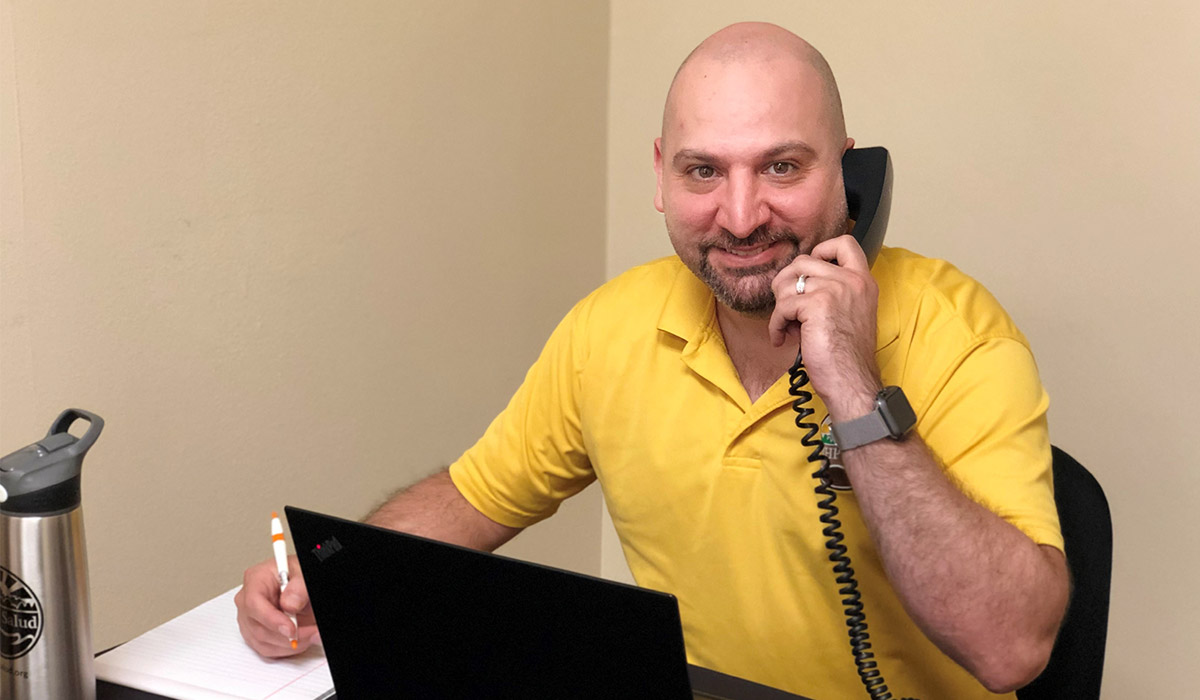
This year, MHP Salud CHWs held a phone bank in the Rio Grande Valley Region of Texas to help community members enroll in marketplace health insurance programs.
We also noticed a great increase in the number of referrals given to services needed due to the impact of COVID-19. Referrals to food assistance programs during this period were over twice the number of referrals CHWs gave during the same periods of the previous two years combined. Additionally, referrals for mental health services significantly increased compared to 2018 and 2019. There are implications that this could be due to the effects of social isolation and fear around the pandemic, however, CHWs reported that personal phone calls and text messages also give individuals who aren’t comfortable disclosing mental health issues in person a space to do so. This is one possible benefit of having CHWs conduct virtual outreach and has interesting implications for the future of the profession.
Another benefit is that CHWs reported coming into contact with individuals who they felt may have been less likely to show up at community-wide events or be available for door-to-door outreach. Barriers such as work, family situations, transportation, or other factors may be diminished with virtual outreach. Additionally, the instant line of communication of phone calls and text messages allowed CHWs to provide the most current information on services that are needed in real-time – such as food insecurity and mental health referrals.
Participants in programs focused on healthy habits continued to show improvement in their lifestyle as well. For instance, individuals in our Juntos Podemos initiative were able to sustain their healthy eating habits and physical activity. They demonstrated an over 30% increase in the amount of fruit in their diet, and adults in the program increased their physical activity by nearly 50%.
These successes can be attributed to CHWs being perfectly situated to be adapted to any situation that impacts their community. CHWs have experience with creative outreach techniques due to the diversity of the environments in which they work, and the ability to be flexible in approach because of their close relationships with community members. From rural farmlands with little access to technology to big urban cities, CHWs have a long history of being creative and effective at reaching individuals who need their help the most.
Starting a CHW Program?
We can help you get off on the right foot. If you’ve already started, we can make sure you’re set up for continued success and provide tips and resources to enhance your efforts.
*The data used in the examples described was collected by MHP Salud’s Data and Evaluation team and describe a period from March 23, 2020 – May, 31, 2020.
Blog Topics
About MHP Salud
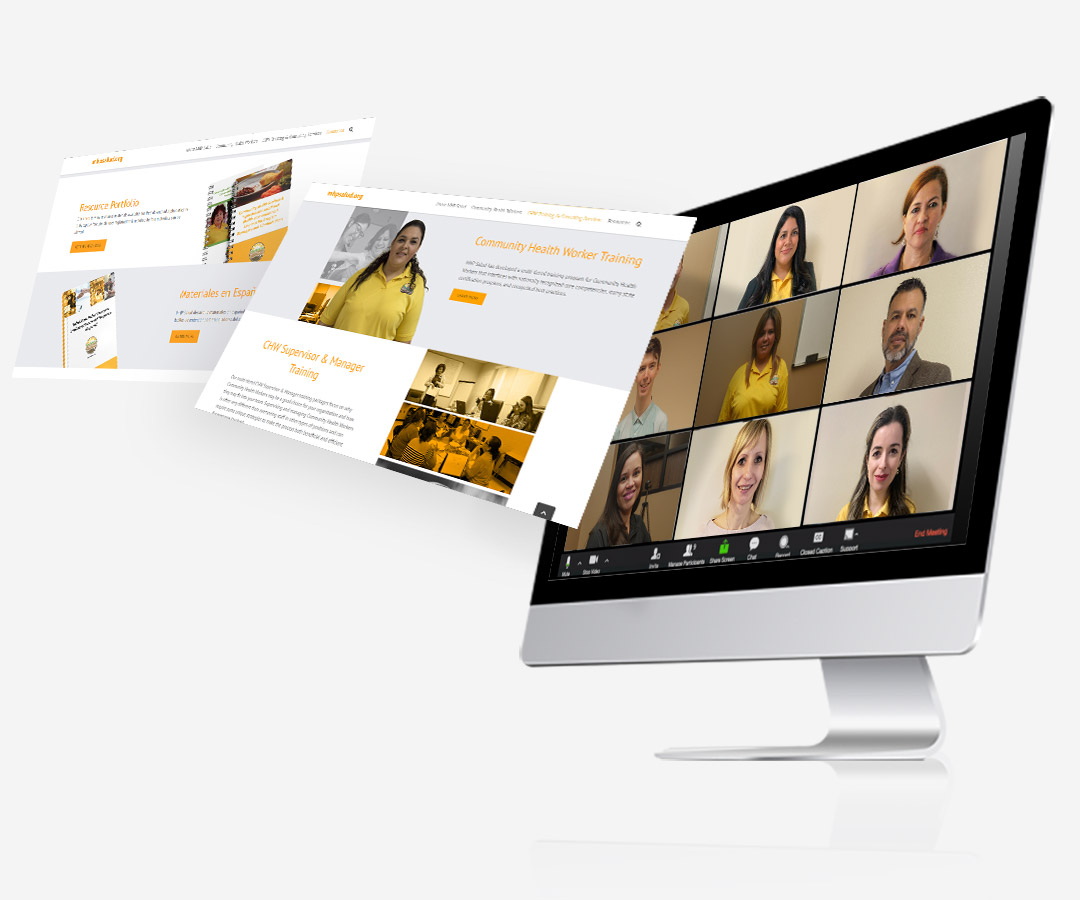
MHP Salud has over 35 years of experience implementing CHW programs and training organizations looking to start and/or strengthen their own CHW programs. Visit our CHW Training & Consulting Services page to learn more about how we can help.

